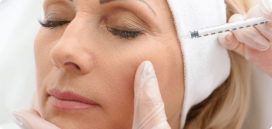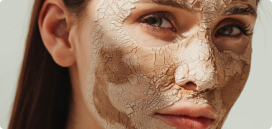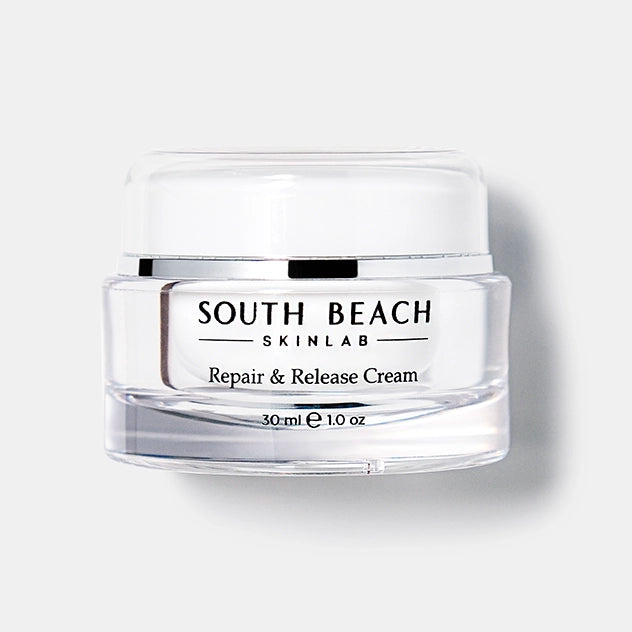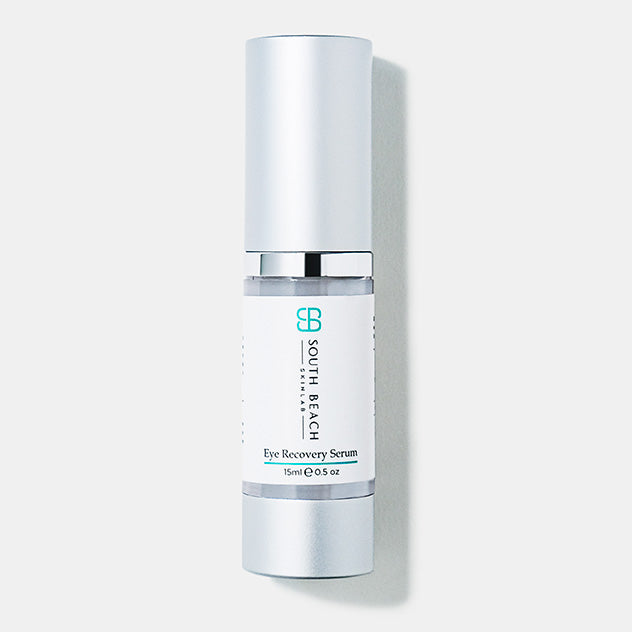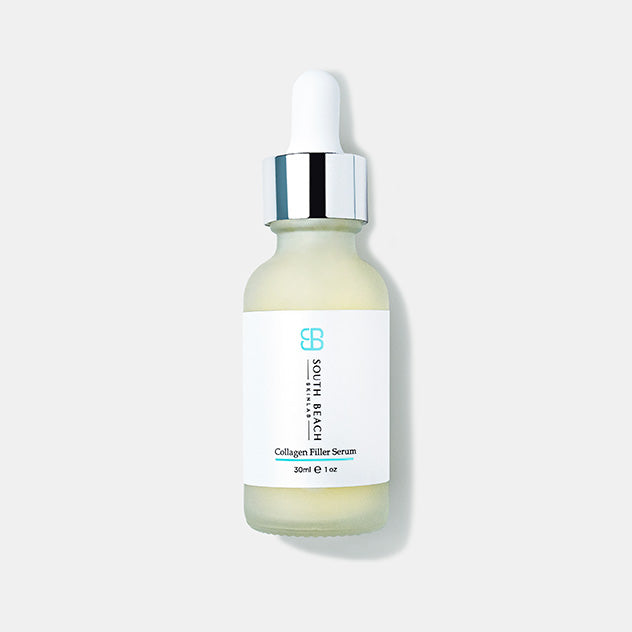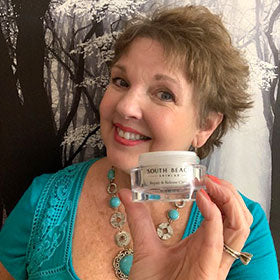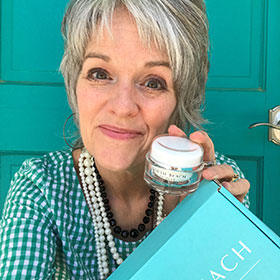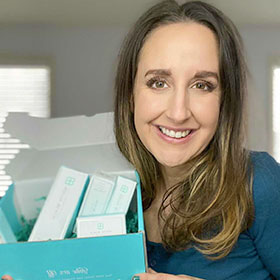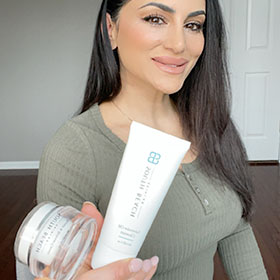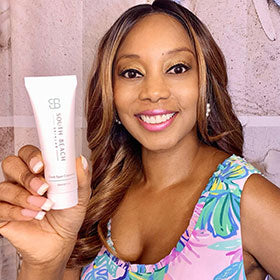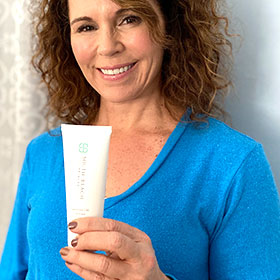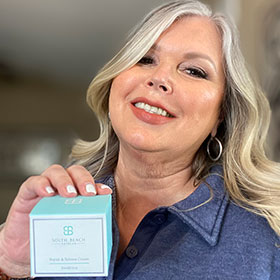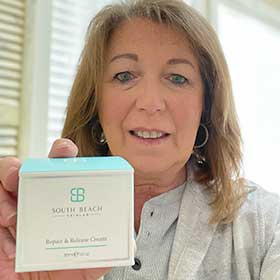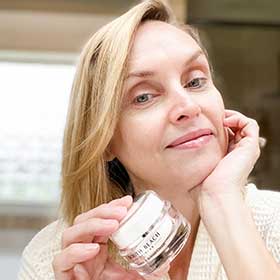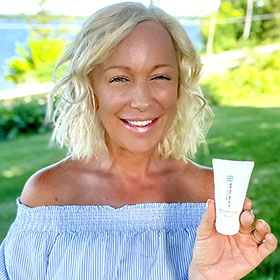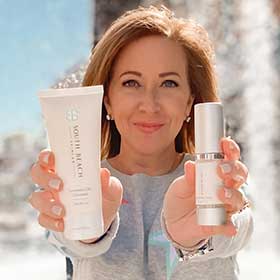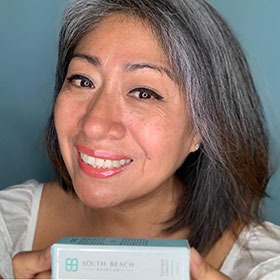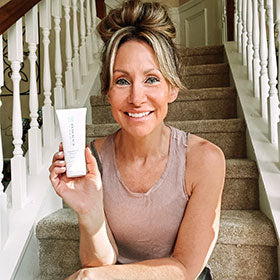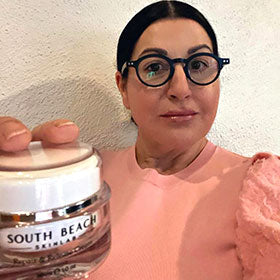Moisturizer is supposed to be your skin’s best friend, but what if the one you’re using is secretly making things worse? Not all creams are created equal, and some can clog pores, trap dead skin, or even mess with your natural barrier.
If your skin isn’t looking or feeling its best, your moisturizer might be the problem. Here’s how to tell if it’s time for a swap.
1. You’re Breaking Out More Often
A moisturizer that’s too heavy or filled with comedogenic ingredients can clog pores and lead to breakouts. This is especially frustrating if your skin is both aging and acne-prone. Look for non-comedogenic formulas with balancing ingredients like peptides and jojoba oil that hydrate without causing congestion.

2. Your Skin Feels Greasy, Not Hydrated
If your skin feels slick on the surface but still dry underneath, your moisturizer might be sitting on top instead of soaking in. That greasy feeling is a red flag. Opt for moisturizers with barrier-supporting ingredients like squalane, which mimic your skin’s natural lipids and absorb beautifully.

3. Flakiness Isn’t Going Away
You’re moisturizing daily, but the flakes won’t quit. Sound familiar? Some creams form a seal over dead skin instead of helping it shed. Ingredients like gentle exfoliants or enzymes can help clear the way, while hydrating agents like glycerin pull moisture deeper into the skin.

4. Makeup Looks Patchy Or Peels Off
A good moisturizer should create a smooth canvas. If your foundation is pilling or clinging to dry patches, your cream might not be compatible with your skin or your other products. Lightweight, peptide-rich formulas tend to layer well and smooth out skin texture, making them a better base.

5. You’re Seeing Red (Literally)
If your skin feels tight, itchy, or looks flushed after applying moisturizer, that’s not normal. Some creams contain fragrances or alcohols that irritate mature skin. Try switching to calming formulas with ingredients like calendula, chamomile, or oat extract to soothe rather than stress your skin.

Sometimes, what your skin needs most isn’t “more moisture”, it’s the right kind of support. If any of these signs sound familiar, it could be time to upgrade to a formula that hydrates smarter, not harder. With the right ingredients on your side, your moisturizer can go back to being your skin’s best ally.

